Learning D. Leverage the modern convenience and modelling power of the D programming language to develop software with native efficiency Michael Parker
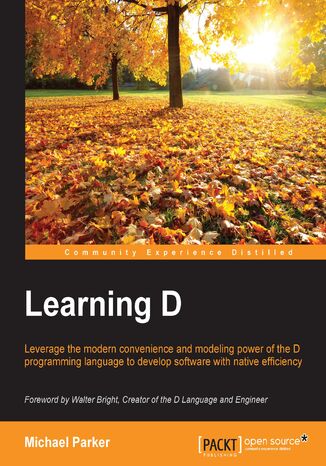



- Autor:
- Michael Parker
- Wydawnictwo:
- Packt Publishing
- Ocena:
- Stron:
- 464
- Dostępne formaty:
-
PDFePubMobi
Opis
książki
:
Learning D. Leverage the modern convenience and modelling power of the D programming language to develop software with native efficiency
This book familiarizes you with D from the ground up, with a heavy focus on helping you to avoid surprises so that you can take your D knowledge to the next level more quickly and painlessly.
Your journey begins with a taste of the language and the basics of compiling D programs with DMD, the reference D compiler developed by Digital Mars, and DUB, a community-developed build utility and package manager. You then set out on an exploration of major language features. This begins with the fundamentals of D, including built-in types, conditionals, loops and all of the basic building-blocks of a D program, followed by an examination of D’s object-oriented programming support. You’ll learn how these features differ from languages you may already be familiar with. Next up are D’s compile-time features, such as Compile-Time Function Evaluation and conditional compilation, then generic programming with templates. After that, you’ll learn the more advanced features of ranges and functional pipeline programming. To enhance your D experience, you are next taken on a tour of the D ecosystem and learn how to make D interact with C. Finally, you get a look at D web development using the vibe.d project and the book closes with some handy advice on where to go next.
Wybrane bestsellery
Packt Publishing - inne książki
Dzięki opcji "Druk na żądanie" do sprzedaży wracają tytuły Grupy Helion, które cieszyły sie dużym zainteresowaniem, a których nakład został wyprzedany.
Dla naszych Czytelników wydrukowaliśmy dodatkową pulę egzemplarzy w technice druku cyfrowego.
Co powinieneś wiedzieć o usłudze "Druk na żądanie":
- usługa obejmuje tylko widoczną poniżej listę tytułów, którą na bieżąco aktualizujemy;
- cena książki może być wyższa od początkowej ceny detalicznej, co jest spowodowane kosztami druku cyfrowego (wyższymi niż koszty tradycyjnego druku offsetowego). Obowiązująca cena jest zawsze podawana na stronie WWW książki;
- zawartość książki wraz z dodatkami (płyta CD, DVD) odpowiada jej pierwotnemu wydaniu i jest w pełni komplementarna;
- usługa nie obejmuje książek w kolorze.
Masz pytanie o konkretny tytuł? Napisz do nas: sklep@helion.pl
Książka drukowana


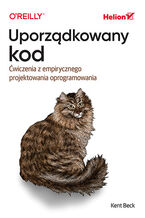
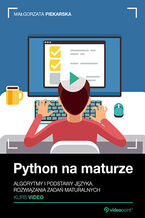
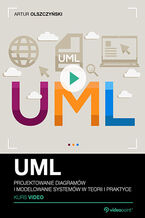
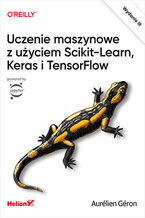
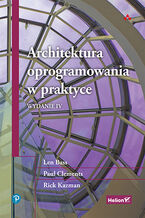
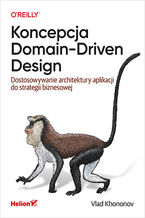
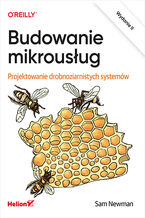
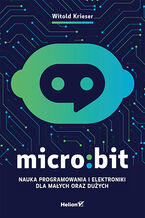
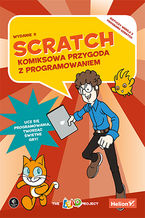







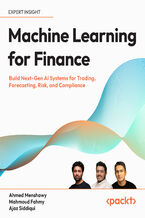

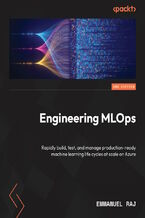
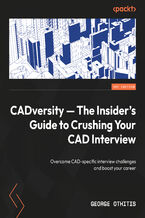
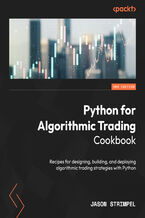
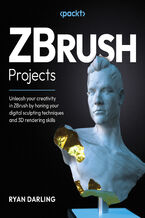
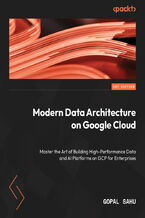
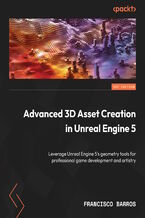
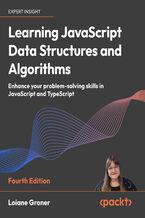
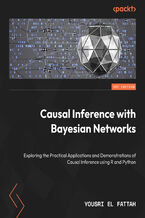
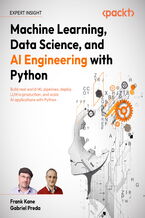



Oceny i opinie klientów: Learning D. Leverage the modern convenience and modelling power of the D programming language to develop software with native efficiency Michael Parker
(0)